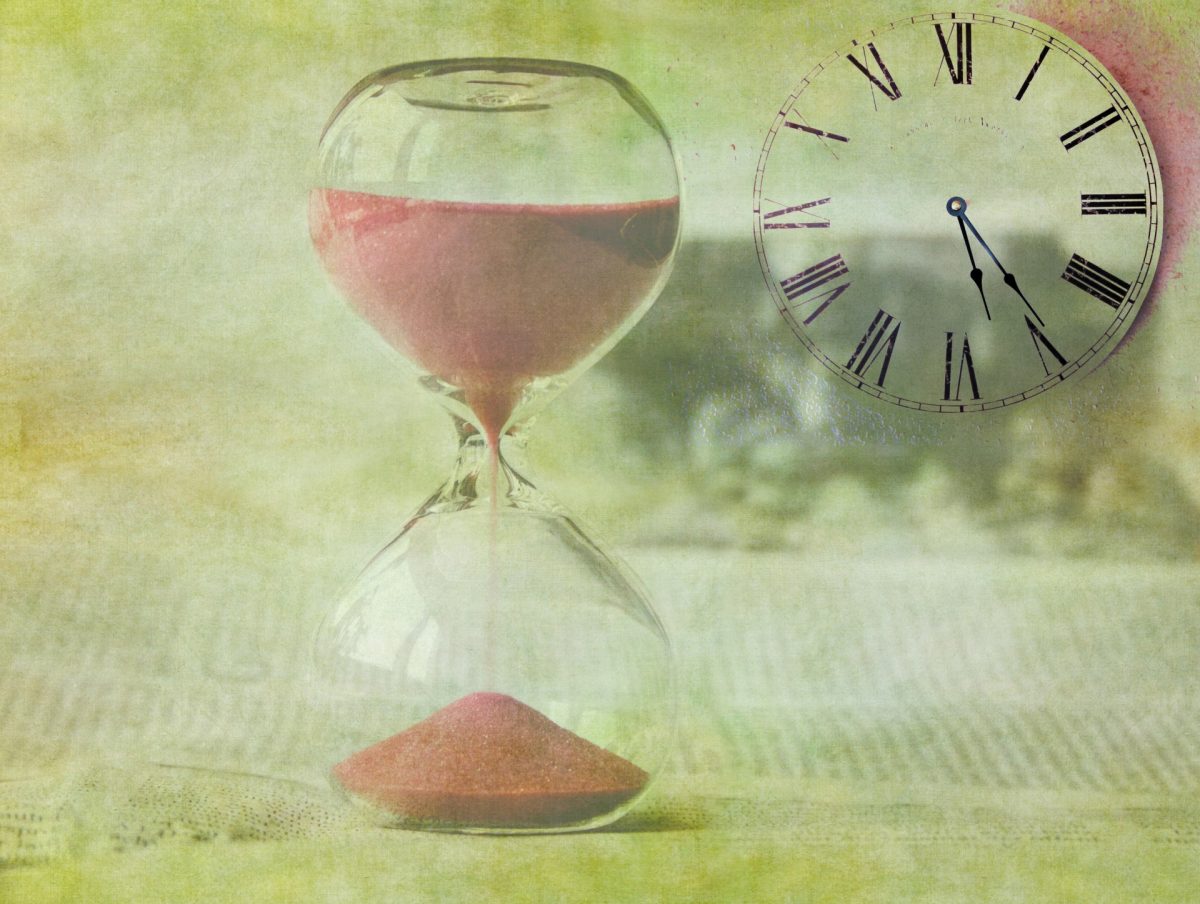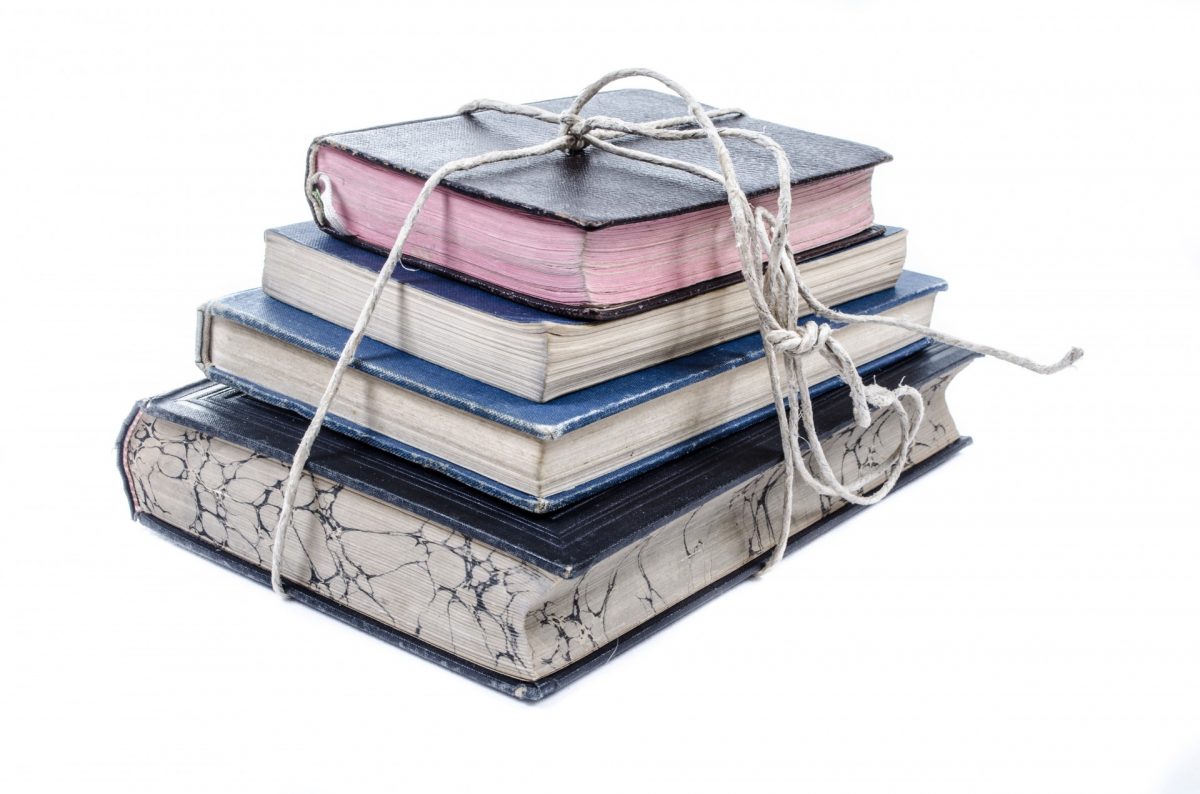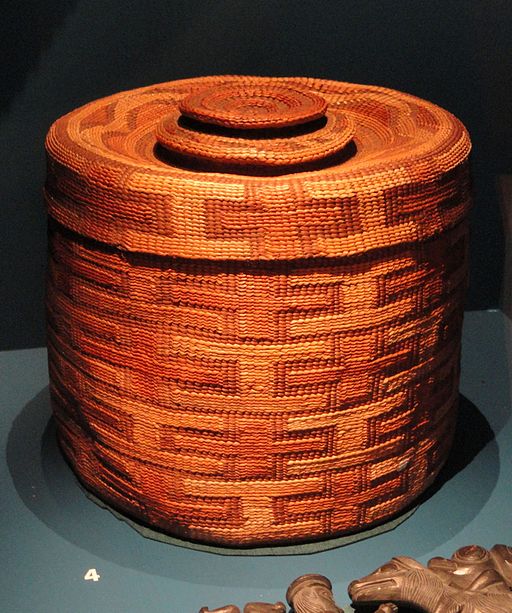After reading Father Oleksa’s book Another Culture/Another World, please consider the following prompts:
- Oleksa discusses the concept of time/punctuality as one of the “rules of the game” we all learn from our families/early environment. Some of us learn that we should be at least 15 minutes early for any appointment, others learn that “3:00 means exactly 3:00” and others learn that 3:00 means any time after the mid-day meal! What is your “rule” about time? How did you come to learn this rule?
- What are some of the other “rules to the game of life as you understand and play it”?
- In chapters 2-6, Father Oleksa discusses the Yupik, Tlingít, Athabaskan, Aleut, and Inupiaq worlds; he mentions some aspects of the traditional worldview of each cultural group and shares a traditional story that highlights the worldview. Obviously not all indigenous Alaskans currently live according to the traditional world view, but, are there lessons you can take from Father Michael’s work should you be hired to teach in a community with a significant number of Yupik, Tlingít, Athabaskan, Aleut, or Inupiaq members?
Be ready to discuss the concept of “worldview” as discussed in Another Culture/Another World.
Image Source: Sands of Time. Link.


